How to Learn French and Actually Enjoy It
A complete guide to progressing with joy, beauty, and purpose.
Learning French doesn’t have to mean dry textbooks, confusing grammar charts, or endless vocabulary lists. In fact, it shouldn’t.
French is a language of rhythm, emotion, nuance. It lives in music, poetry, film, conversation. Whether you're a beginner or an intermediate learner looking to fall in love with French again, this guide will give you everything you need to build a daily, nourishing relationship with the language.
But most importantly: this is your journey.
You know your goals. You know how you learn best, whether you're a visual learner, an audio lover, a grammar nerd, or a culture sponge. Your tastes matter.
As you go through all the tools, tips, and resources in this guide, pick what resonates. Mix and match. Keep what works. Let the rest go. From grammar to immersion, YouTube to Substack, here’s your roadmap.
Table of Contents
Build a Learning Routine
Grammar & Vocabulary: Smart Practice
Listening: Podcasts, YouTube & Music
Reading: Start Small, Dream Big
Writing & Speaking Practice
Apps & Tools
The French en Poésie Method
Who to Follow: Best Online French Resources
Bonus: What to Track, What to Let Go
1. Build a Learning Routine
You don’t need hours, just 15 minutes a day with intention can change everything.
5 minutes: review vocab or grammar
5 minutes: listen to something in French
5 minutes: read or write
Bonus: speak out loud as often as possible.
You can also focus on one skill each day to shake it up and go deeper. Consistency beats intensity. Build a habit, not a cram session.
2. Grammar & Vocabulary: Learn Smart
Focus on the grammar that helps you understand and speak. Not all at once.
Best grammar resources:
Français Authentique (YouTube + site, natural spoken French)
Learn French with Alexa (clear explanations with warmth)
InnerFrench (great intermediate podcast + site)
Lawless French (organized grammar by level)
Vocab Tips:
Learn phrases, not just words (e.g., j’ai hâte de, ça me va)
Use tools like Anki or Quizlet for spaced repetition
Write down new words in context
3. Listening: Podcasts, YouTube & Music
Podcasts:
InnerFrench – slow, clear, deep topics (B1+)
Coffee Break French – slow speaking french for all levels (my students all loved it)
Psst, tu veux apprendre le français ? – beginner-friendly
News in Slow French – News in easy French
French Voices – interviews with real French people (intermediate+)
YouTube Channels:
Music:
Try listening to French singers with subtitles:
Stromae, Zaz, Edith Piaf, Jacques Brel, Pomme, Charles Aznavour…
Use LyricsTraining to turn it into a game
Discover the French en Musique Workbook (A 50-page workbook to guide you through 10 French songs, step by step.)
Poetry:
Listen to your favourite poems with transcripts. Immersion in poetic rhythm is a deeply effective, soul-soothing way to improve your French
4. Reading: Start Small, Dream Big
Reading in French doesn’t mean struggling through Victor Hugo on day one. The key is to start with what you love, and what’s just the right level for you.
Pick books you already know by heart. That’s how I learned English: I read Harry Potter and Le Petit Prince in English. When you already know the plot, the language feels easier and more meaningful.
Children’s books, comic books, or short stories are a great start. Try Tintin or Le Petit Nicolas: fun, visual, and full of dialogue.
Poetry, Literary excerpts and News articles.
Use a mix of intensive reading (look up & note new words) and extensive reading (just enjoy the story, even if you don’t get everything).
Pair books with audiobooks or find videos with subtitles. Listening while reading boosts your comprehension and helps you internalize pronunciation and rhythm.
Don’t aim too high too fast. Choose texts just below your level for flow, or slightly above for a challenge, not way above. You’ll only get discouraged.
The best reading practice? The one that keeps you coming back. Find content and stories that resonate with you.
5. Writing & Speaking Practice
Keep a mini journal en français (3–5 lines/day)
Talk to yourself! (Really.)
Describe what you’re doing: Je prépare un café. Je suis fatigué mais content.
Shadow native speakers: repeat what they say out loud, mimicking rhythm & intonation.
Use songs and poems to work on your pronunciation
6. Apps & Tools
LingQ – listen + read with vocab integration
Readlang – translate while reading
Babbel – short, interactive lessons
Speechling – speaking feedback
TV5MONDE Langue Française – free French learning from real media
7. The French en Poésie Method
Poetry and Literature is language at its most alive.
Every week, I share one:
Poem and literary excerpt
Audio in slow & normal speed
Translation + Grammar + Vocabulary
Art, music & cultural context
It’s immersive, inspiring, and it works. Because beauty helps us remember.
8. Who to Follow: Great French Learner Accounts
Substacks:
Instagram:
@hellofrench – Culture, language and Paris inspo
@atfrenchies – Fun learning with Alex & Tom
@frenchenpoesie ← (c’est moi, poetry & lit for the soul!)
@frenchwithpatrick – Literature, History & Culture
@learnfrenchwithclemence – Grammar & Vocabulary
@ohlalafrenchcourse – casual + colorful content
YouTube Bonus:
Easy French – real conversations in the street
9. What to Track, What to Let Go
Track:
Words/phrases you love
Time spent listening/reading/speaking
What you struggle with (to revisit)
Let go:
Perfection
The myth of fluency
Comparing yourself to others
Dernière Pensée
French is not just a language. It’s a window into another world, another way of seeing, feeling, slower, richer, more alive.
You don’t have to rush.
You just have to begin and start your journey! BON VOYAGE !
If you know any other great resources or want to share more tips for french learners, leave them in the comments! Merci :)
Want to Learn and Remember? Don’t Cram. Connect.
When we think of learning, whether it’s a new subject, a skill, or a language, repetition often takes center stage. We’re told to drill, to review, to cram. But cognitive neuroscience paints a richer, more hopeful picture.
Why Poetry, Music, and Literature are the best tools for French Pronunciation
If you’re learning French, you’ve probably heard the usual advice:



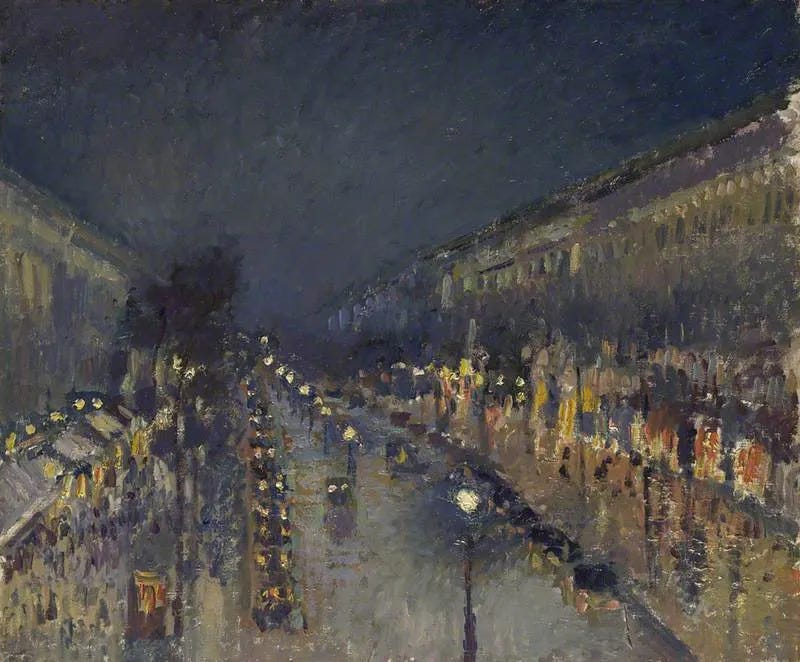

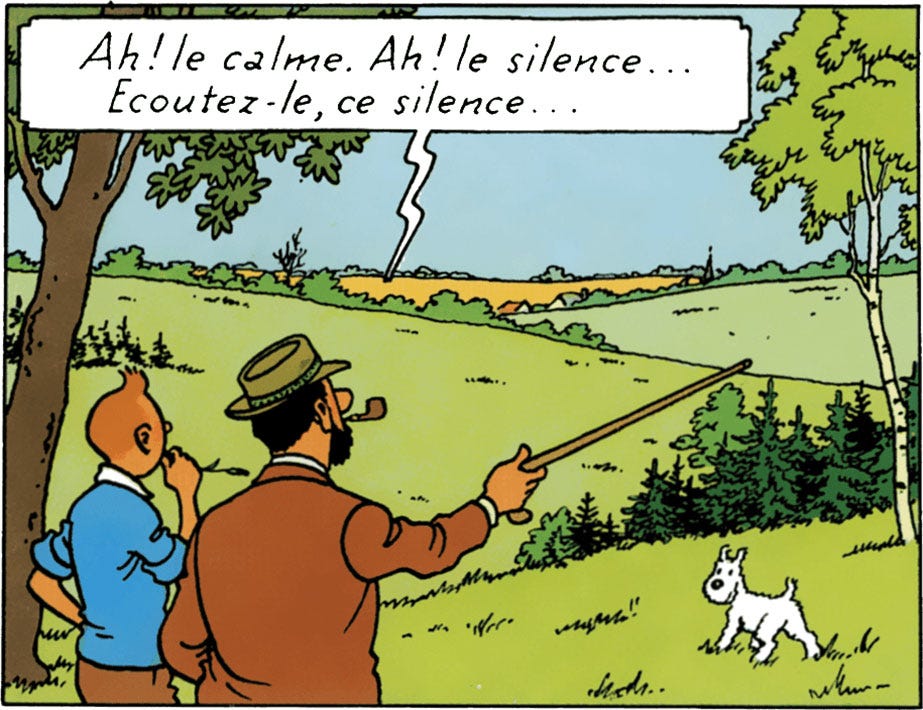



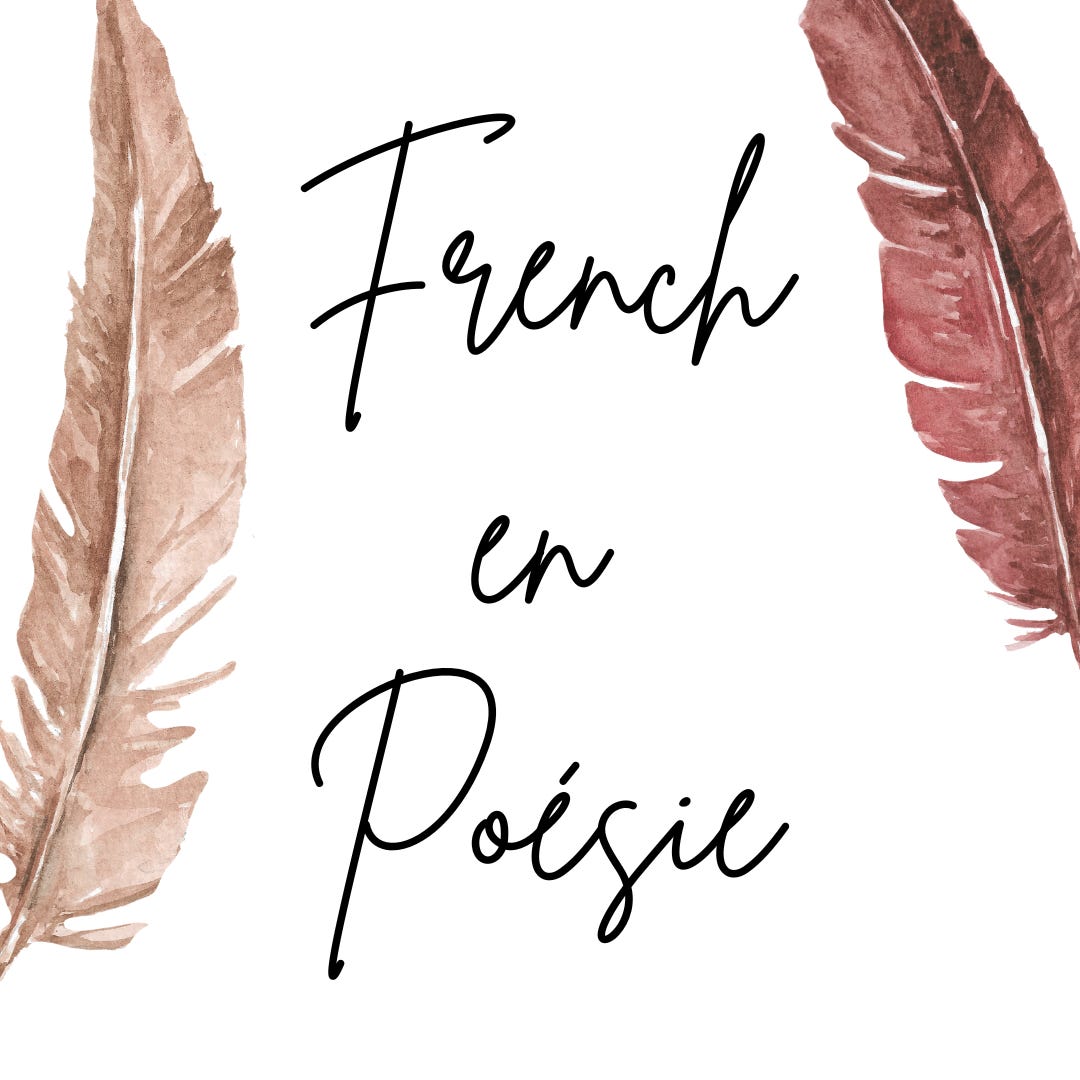



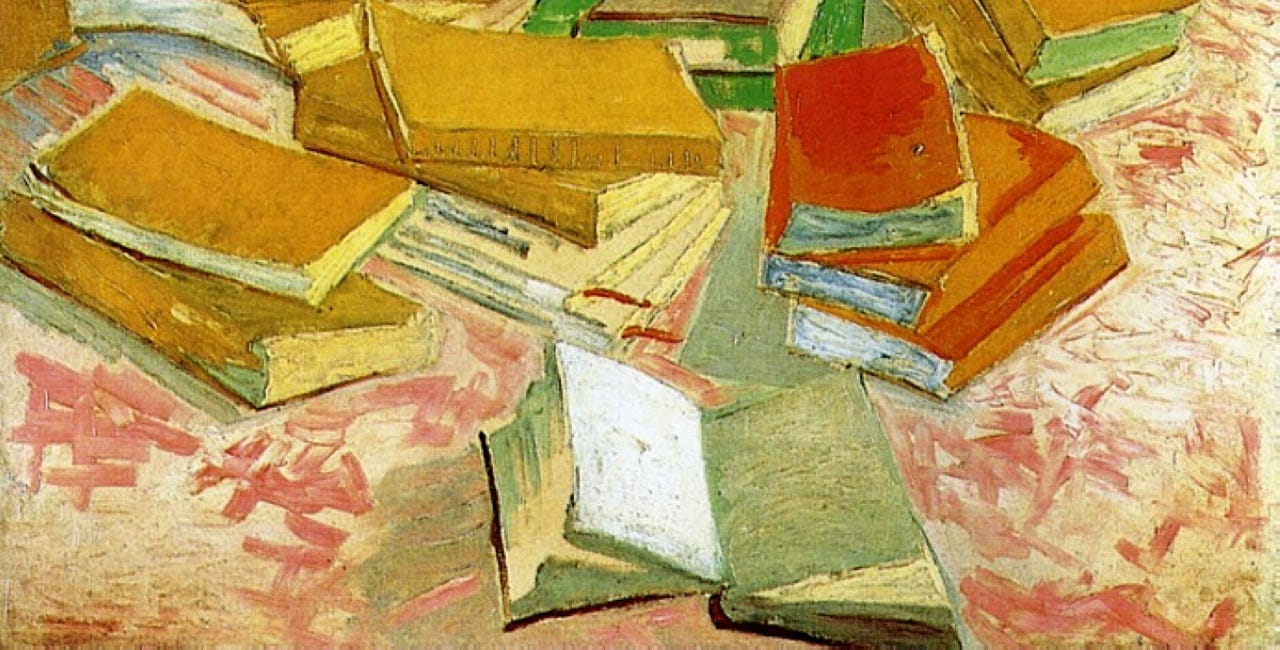
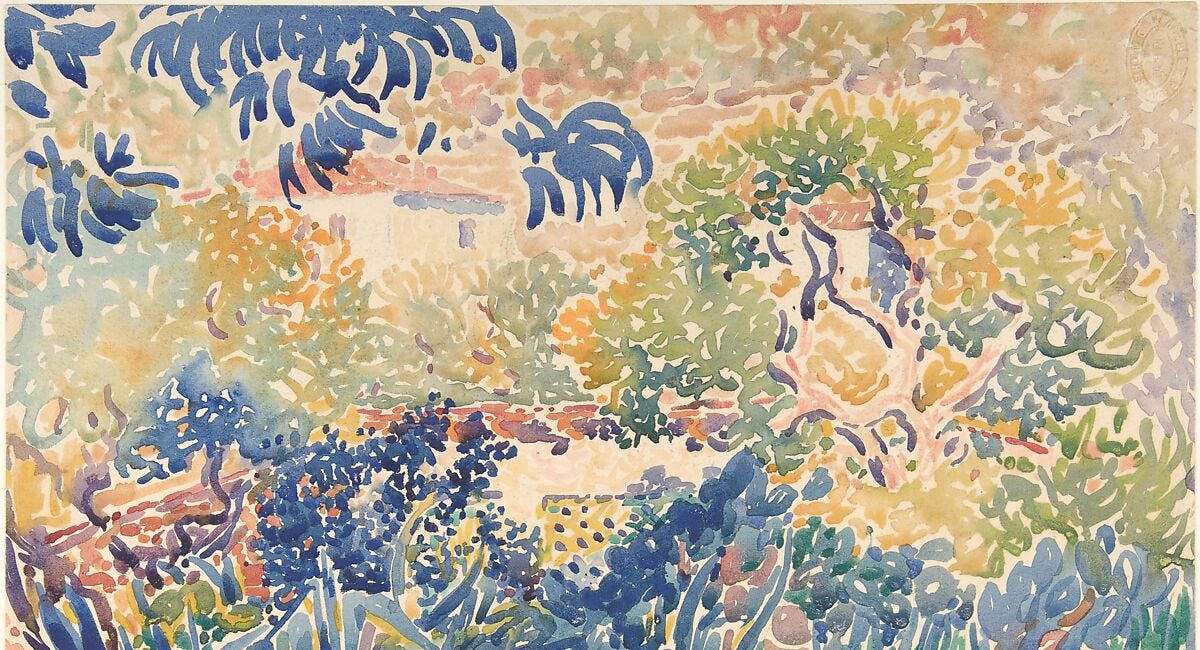
Wow, this is Excellent and so complete! I've saved it to pass on to anyone, these days probably American, I might meet who's looking to move here to France.
This is excellent. Couldn’t agree more. Short of a romantic partner, this is the way go. Maybe add nursery rhymes? Watching my grandchildren learn to speak, I realized how much they delight in language. We need to emphasize that delight.